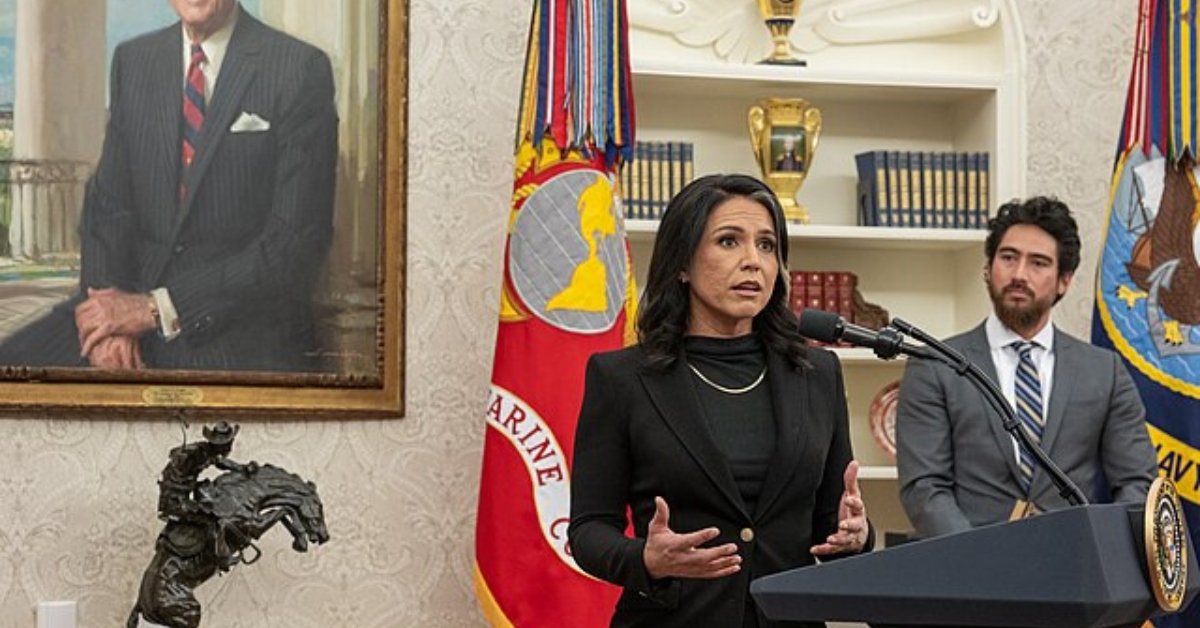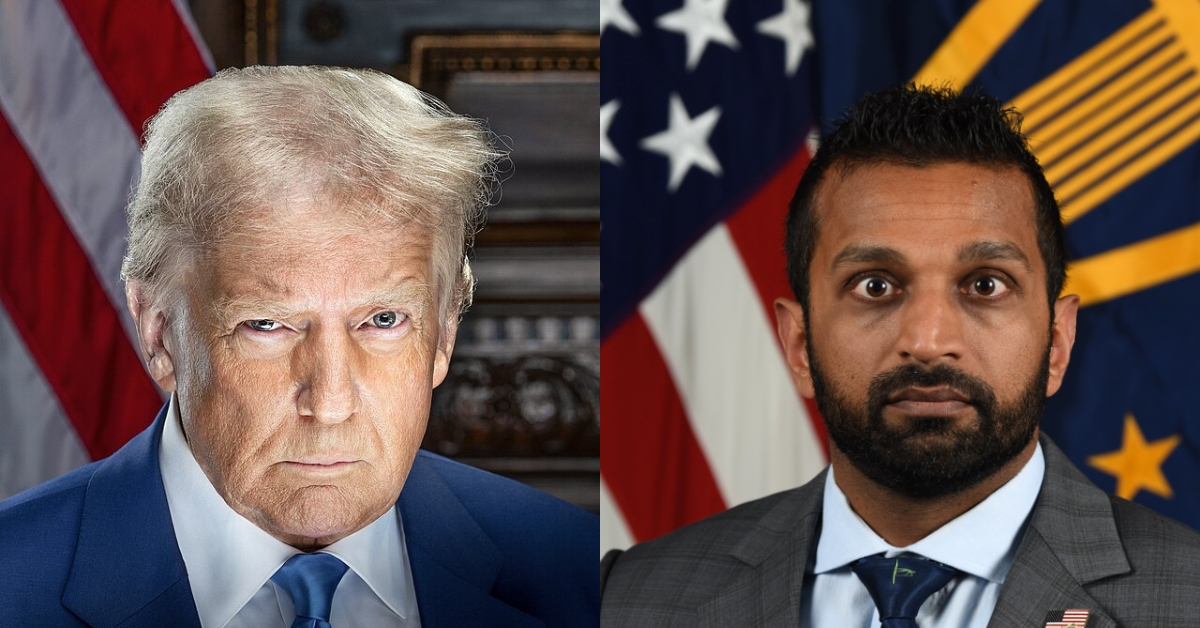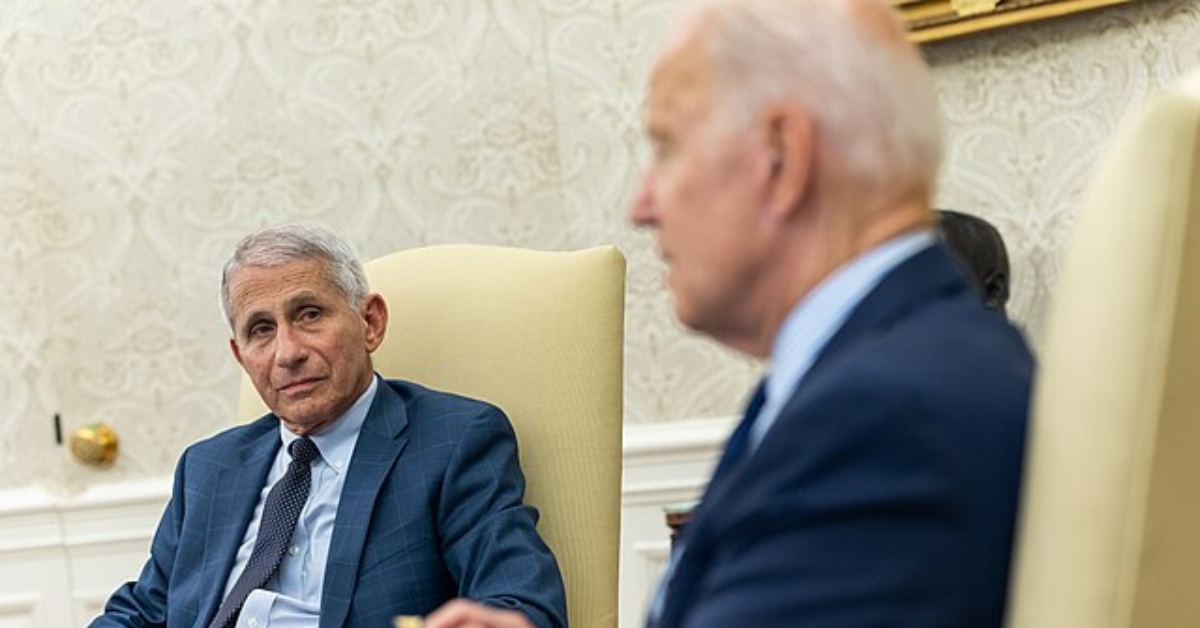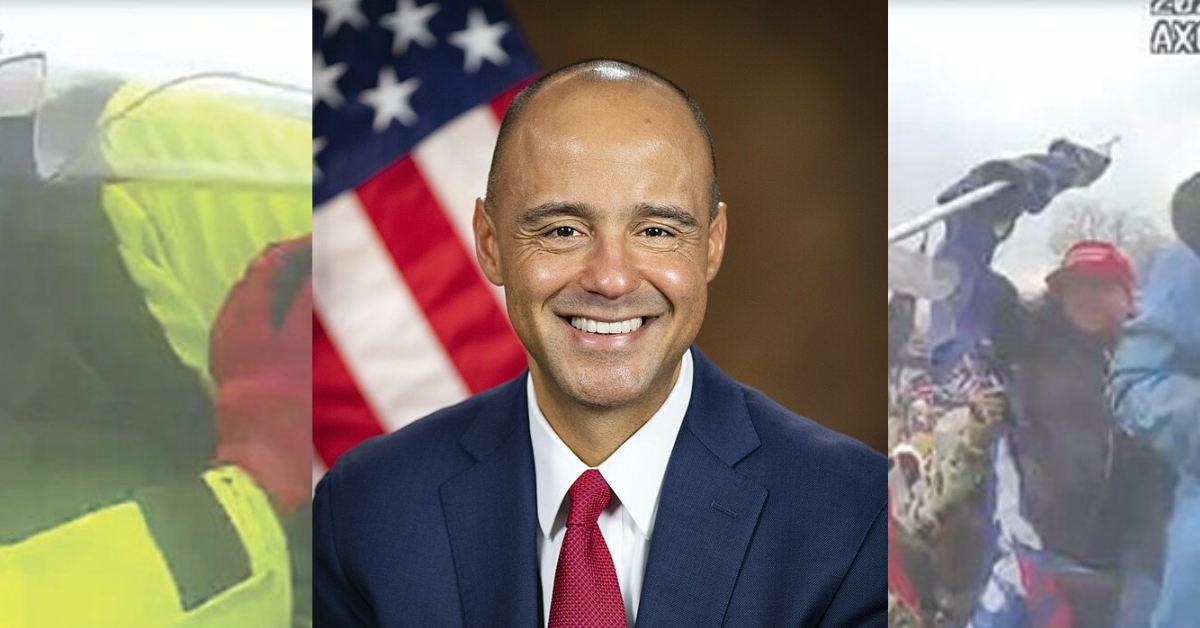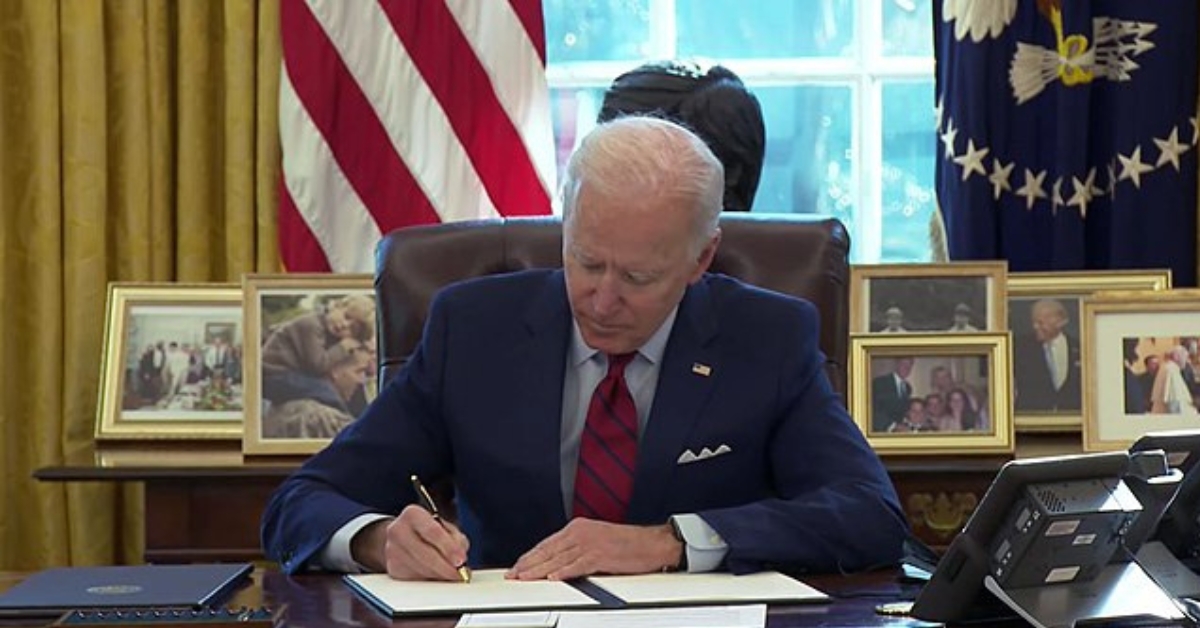
Prosecutor Fani Willis Paid Her Boyfriend More Than a Highly-Respected Lawyer
The recent news about Fulton County District Attorney Fani Willis paying her alleged romantic partner, Nathan Wade, a higher hourly rate than Georgia’s leading racketeering expert John Floyd, has raised eyebrows and questions about fairness and nepotism. This case, involving the prosecution of former President Donald Trump, has become a focal point for concerns about the objectivity and integrity of legal proceedings.
John Floyd, a renowned expert on RICO (Racketeer Influenced and Corrupt Organizations) statutes, was contracted by the Fulton County District Attorney’s office at an hourly rate of $150. In contrast, Nathan Wade, appointed as a special prosecutor by Willis, was paid $250 per hour. This discrepancy is noteworthy, especially considering Floyd’s esteemed reputation and expertise in Georgia’s legal circles.
The situation becomes even more complicated when considering the personal relationship between Willis and Wade. Allegations suggest that Willis awarded Wade the contract, which he later used to fund personal vacations and cruises with her. This scenario, if true, is a classic example of how personal relationships can potentially cloud professional judgment and lead to questionable decisions, especially in high-profile legal cases.
The fact that Wade had never prosecuted a felony RICO case before and had limited experience with felony trials further adds to the controversy. With nearly $654,000 paid in legal fees to Wade since January 2022, questions arise about the appropriateness of his compensation, given his experience and the rates typically offered to attorneys in similar positions in Fulton County.
The situation brings to light the broader issue of nepotism and the potential misuse of public funds in the legal system. When personal relationships interfere with professional duties, it can lead to decisions that may not be in the best interest of justice or the public. This case underscores the importance of transparency and accountability in government and legal proceedings, especially when dealing with high-profile and politically sensitive cases.
As the investigation into former President Trump continues, it is crucial that legal proceedings are conducted with the highest standards of fairness and impartiality. The allegations surrounding Willis and Wade’s arrangement warrant further scrutiny to ensure that justice is served based on facts and law, not personal relationships or political agendas.
In conclusion, the case involving Fani Willis and Nathan Wade highlights the need for ethical standards and transparent processes in the legal system. It serves as a reminder of the importance of maintaining professional boundaries and ensuring that legal decisions are made based on merit and expertise, not personal connections.
